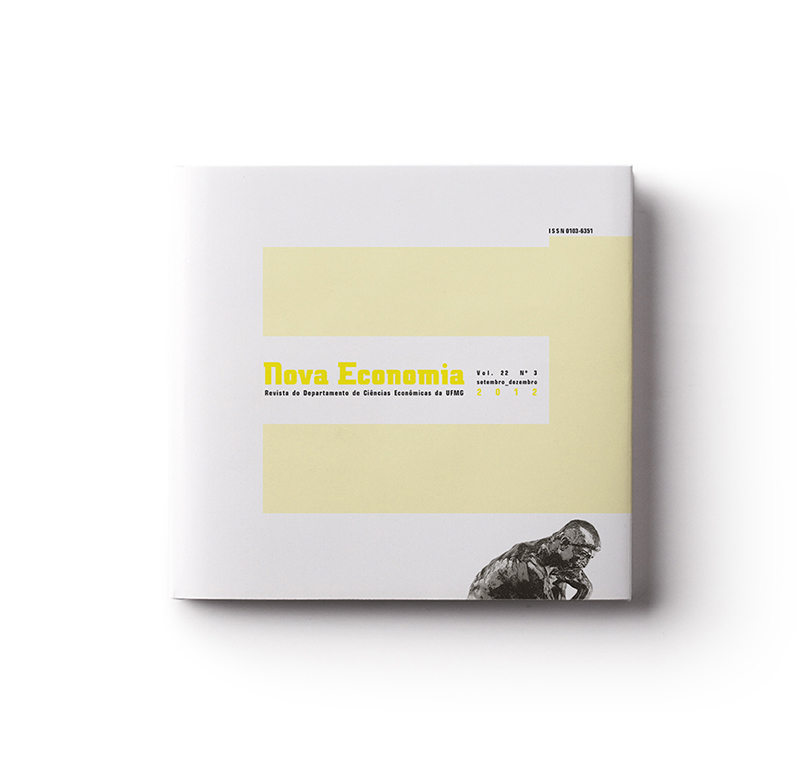Instituições e nível de renda: Uma abordagem empírica para os municípios paranaenses
Keywords:
instituições, nível de renda, economia paranaenseAbstract
O estado do Paraná apresenta uma grande disparidade no nível de renda em seus municípios. A diferença entre os municípios com o maior e o menor PIB por trabalhador no início do milênio, segundo dados do IBGE (2000), era superior a 700%. Uma explicação para as disparidades nos níveis de renda advém da teoria institucionalista. Diversos estudos empíricos nesse campo encontram uma elevada correlação entre a qualidade institucional e o nível de desenvolvimento econômico. A teoria sugere que as instituições afetam o nível de renda por meio da distribuição de poder político, da geração de oportunidades econômicas, do estímulo à inovação e à acumulação de capital humano, além de outras vias. Tendo isso em vista, o objetivo do presente artigo consiste em mensurar a qualidade das instituições municipais paranaenses e avaliar o efeito que elas exercem sobre seus respectivos níveis de renda.Downloads
Published
2013-05-13
How to Cite
PEREIRA, A. E. G.; NAKABASHI, L.; SALVATO, M. A. Instituições e nível de renda: Uma abordagem empírica para os municípios paranaenses. Nova Economia, [S. l.], v. 22, n. 3, 2013. Disponível em: https://revistas.face.ufmg.br/index.php/novaeconomia/article/view/2023. Acesso em: 2 mar. 2026.
Issue
Section
Regular Issue
License
Authors who publish with this journal agree to the following terms:
- Authors retain copyright and grant the journal right of first publication with the work simultaneously licensed under a Creative Commons Attribution 4.0 International License that allows others to share the work with an acknowledgement of the work's authorship and initial publication in this journal.
- Authors are able to enter into separate, additional contractual arrangements for the non-exclusive distribution of the journal's published version of the work (e.g., post it to an institutional repository or publish it in a book), with an acknowledgement of its initial publication in this journal.
- Authors are permitted and encouraged to post their work online (e.g., in institutional repositories or on their website) prior to and during the submission process, as it can lead to productive exchanges, as well as earlier and greater citation of published work (See The Effect of Open Access).




